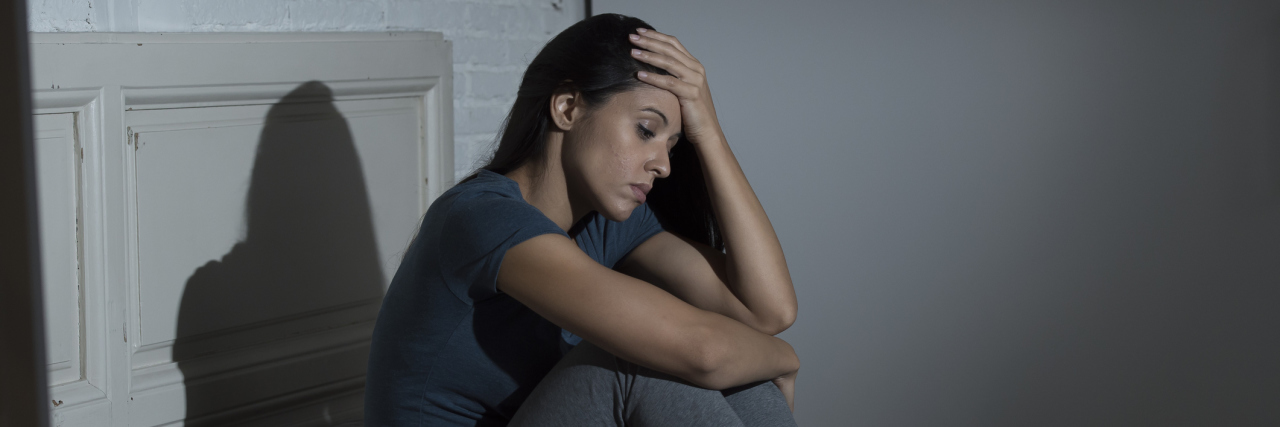As with most co-habitants, my partner and I divided up household chores when we moved in together. Over time there was some shuffling of responsibilities, but many years back (as my chronic pain continued to worsen) the job of cleaning the shower was assigned to him. The chemicals, the enclosed space, the bending down and the neck and shoulder stress of scrubbing are all migraine triggers.
The division of labor is complicated by the fact that I have been unable to work (in a traditional, income-earning way) for a a few years. This means that whenever I am asked to do cleaning roles that are not mine, I feel tremendously guilty saying no. After all, I don’t contribute to the household in a financial capacity. Most stay-at-home spouses are expected to do most of the cleaning, right? But I don’t choose to stay at home. I’m here because I am confined here by a malfunctioning body. Yet, I feel like the expectations are the same.
Sometimes, like this morning, my partner will ask me to do one of his chores as he heads out the door to work. This morning it was cleaning the shower. “There’s a reason you’re the one who cleans the shower,” I reminded him, “it’s full of migraine triggers for me.”
“Do it if you can figure out a way that won’t hurt you,” he said. “I believe in you.”
And there it was. The “I believe in you” that hit me like a ton of bricks. The “I believe in you” that said, “if you can’t do this, it’s because you aren’t working hard enough or being smart enough.” It fed into one of the biggest insecurities I struggle with as someone with a chronic health condition: that everyone around me will think I’m just being lazy. It was a thoughtless, offhanded phrase used by someone who wanted something to get done and had already half checked out of the conversation. It wasn’t intended to pull on the puppet strings of my insecurities. But it did, and hard. I cleaned the shower, nearly vomiting and triggering a small blackout and a massive migraine.
This idea that people will think I’m just being lazy doesn’t come from nowhere. With unpredictable, invisible disabilities “normal” days can give the perception of a normal life. Even the paperwork in my disability application asks my doctor if I am a “malingerer.” I was shocked when I saw that (and not just because I didn’t think anyone had used that word since the 19th century). Even my government seemed to be nudging my doctor in the side with a wink and saying, “But she’s really just lazy, right?”
Every day I do my best. Except days like today when I do more, and pay for it by not being able to do anything at all.
Getty Image by OcusFocus

